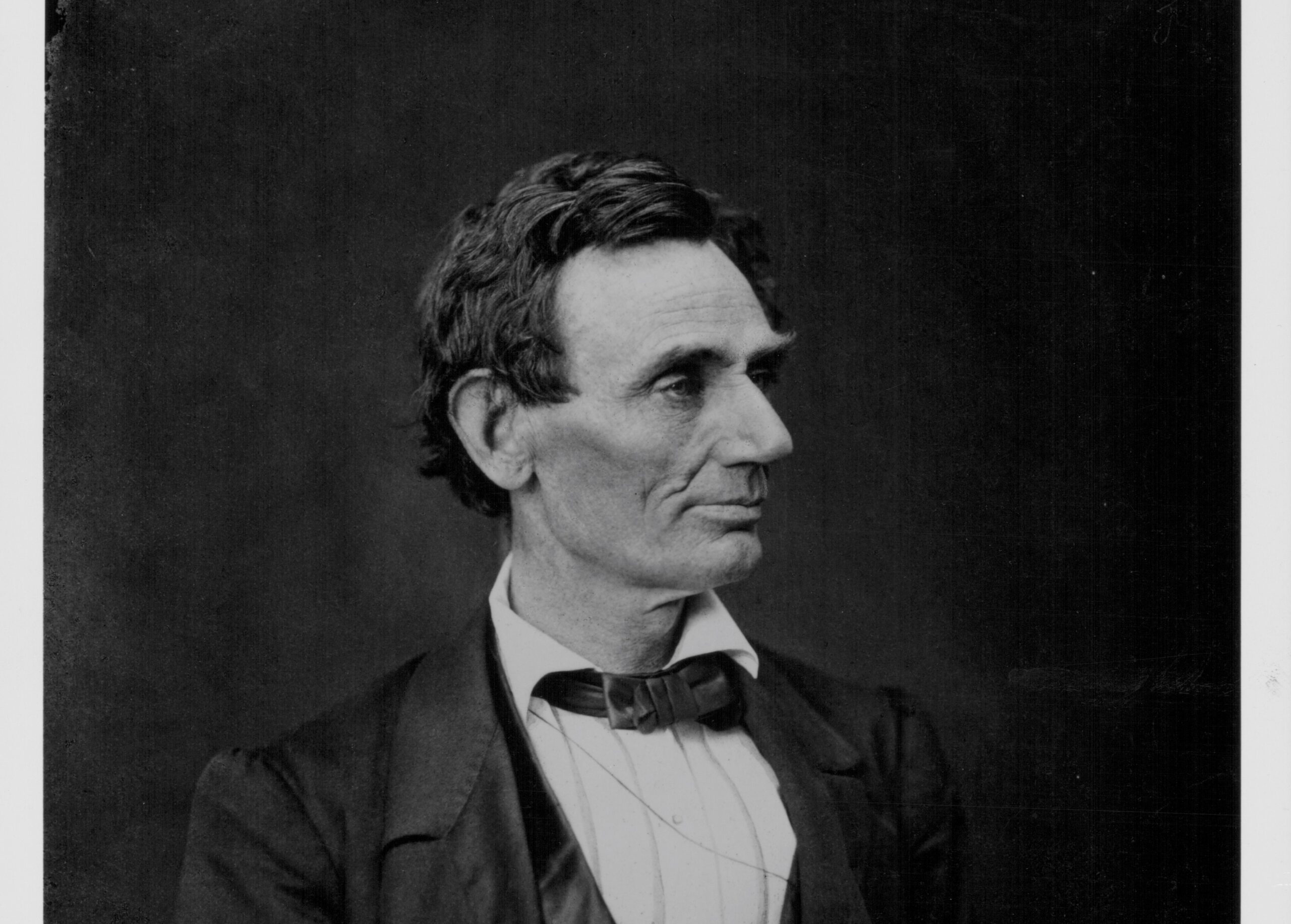Updated on July 22th, 2025 by Felix Martinez
The Marzetti Company (MZTI) has a dividend track record that few companies can rival. The company has increased its cash dividend for 62 consecutive years, making it one of only 13 companies in the U.S. with such a long streak. This puts the company among the elite Dividend Kings, a small group of stocks that have increased their payouts for at least 50 consecutive years.
You can see the complete list of all 55 Dividend Kings here.
We have compiled a comprehensive list of all Dividend Kings, including key financial metrics such as price-to-earnings ratios and dividend yields. You can download your copy of the Dividend Kings sheet (along with financial metrics such as price-to-earnings ratios and dividend yields) by clicking on the link below:

Dividend Kings are the “best of the best” when it comes to rewarding shareholders with cash and higher dividend payouts each year. This article will discuss The Marzetti Company’s dividend and valuation outlook.
Business Overview
The Marzetti Company began its operations in 1961 after several small glass and related houseware manufacturing companies combined. The new company almost immediately began rewarding its shareholders with quarterly cash dividends and eventually went public in 1969, the same year it started operations in the food service business with the acquisition of the Marzetti brand.
The company manufactures and distributes a relatively narrow product assortment split into two major categories: frozen and non-frozen. It makes salad dressings and various dips under the Marzetti brand, frozen breads under the Sister Schubert’s and New York brands, as well as caviar, noodles, croutons, flatbreads, and other bread products under a variety of smaller brands.
The Marzetti and New York brands are cash cows for Marzetti, offering its core products, including dips and dressings, as well as croutons and frozen breads. The company sells what amounts to meal accessories and does it very well.

Source: Investor presentation
However, The Marzetti Company also has partnerships with major consumer brands like Olive Garden, Jack Daniel’s, Buffalo Wild Wings, and Weight Watchers (WW), licensing the respective trademarks to produce products for grocery store shelves. A portion of the proceeds of these products goes to the license owners, but these agreements are a way for Marzetti to diversify away from its core brands.
Marzetti’s market capitalization is $4.9 billion, and the company has generated $1.9 billion in revenue over the last 12 months. Most of Marzetti’s sales are made in the U.S., so currency risk is not a factor. The company sells its products through the retail and foodservice divisions, offering both frozen and non-frozen products through these channels.
Marzetti holds leadership positions in its core brands, including New York, Sister Schubert’s, Flat Out (flatbreads), and Marzetti, while focusing more on growth through its smaller brands and acquisitions.
Growth Prospects
Marzetti reported fiscal Q3 2025 net sales of $457.8 million, a 2.9% decrease from $471.4 million in Q3 2024, driven by the exit from perimeter-of-the-store bakery product lines in March 2024, a later Easter holiday shifting retail sales, and a challenging consumer environment with reduced foodservice traffic. Retail segment sales fell 2.6% to $241.5 million (0.7% excluding exited product lines), while Foodservice sales dropped 3.2% to $216.3 million, including $2.1 million from a temporary supply agreement tied to the February 2025 acquisition of a sauce and dressing facility in Atlanta. Net income rose to $41.1 million, or $1.49 per diluted share, from $28.3 million, or $1.03 per share, boosted by the absence of the prior year’s $12.1 million restructuring charges, though tempered by $1.3 million in acquisition costs. The company did not provide specific Q4 guidance, but anticipates Retail growth from licensing programs and Foodservice collaboration on new menu items.
Gross profit increased 1.4% to a record $106.0 million, driven by cost savings and modest cost deflation, despite lower sales volumes and startup costs for the new facility. Selling, general, and administrative expenses decreased 2.0% to $56.1 million, reflecting lower compensation costs, though offset by $1.7 million in acquisition-related fees. Operating income grew 41.9% to a record $49.9 million, aided by higher gross profit, reduced SG&A, and the absence of last year’s restructuring charges. The Retail segment’s operating income was $45.6 million, down from $47.3 million, while Foodservice operating income rose to $28.1 million from $24.3 million, supported by core national chain accounts.
The company maintained a strong balance sheet, with cash and equivalents at $124.6 million and total assets of $1.28 billion as of March 31, 2025. Marzetti Colony invested in the acquisition of the Atlanta facility to enhance operational efficiency and capacity. The Board declared a quarterly dividend of $0.95 per share, reflecting a 5.6% increase, underscoring its commitment to shareholders. Despite consumer challenges, the company’s strategic focus on innovation, licensing programs such as Chick-fil-A and Texas Roadhouse, and its new manufacturing facility position it for sustained growth and resilience in a dynamic market.
Marzetti’s earnings growth has been spotty because it is heavily reliant on volatile restaurant sales. Therefore, the company has made numerous acquisitions in the past to not only expand its portfolio but also to make its revenue more predictable.

Source: Investor Presentation
We expect a 5% average annual earnings growth over the next five years, with nearly all of this growth driven by revenue growth. We also note that Marzetti’s growth is unlikely to be linear, as experience has shown that some years are likely to exhibit declines, while others are likely to show sizable increases.
Over time, Marzetti has proven it can grow through a variety of environments, including a pandemic, and we don’t see that as changing anytime soon.
Competitive Advantages & Recession Performance
Marzetti’s competitive advantages are primarily derived from its distributor partnerships with major retailers such as Walmart (WMT) and McLane Distributors, as well as its leadership positions in categories including croutons, frozen bread products, and dressings.
Marzetti built a niche in these categories over the years. While its heavy reliance upon two distributors for one-third of its revenue is a potential risk, it also means the company’s competitors don’t necessarily have the same access to those large customers. Indeed, we see Marzetti’s exposure to Walmart as a net positive, as Walmart enjoys rising grocery sales.
Marzetti is in a strong position within its core categories, but that doesn’t make it immune to recessions. Earnings per share during and after the Great Recession are below:
2007 earnings-per-share of $1.45 (decrease of 42% from 2006)
2008 earnings-per-share of $1.28 (decrease of 12%)
2009 earnings-per-share of $3.17 (increase of 147%)
2010 earnings-per-share of $4.07 (increase of 28%)
Revenue performed relatively well during this period, as Marzetti didn’t experience any significant declines. Revenue increased in 2008 compared to 2007. However, pricing and the cost of goods suffered, resulting in a decrease in margins. This led to the earnings declines Marzetti experienced in 2007 and 2008. Notably, the rebound was swift and decisive in 2009 and 2010.
It is also important to note that Marzetti has a rock-solid, almost debt-free balance sheet. As a result, the company can easily endure rough economic periods and wait patiently for a recovery.
Still, Marzetti is far from recession-proof because it sells products to foodservice customers, which suffer mightily during recessions and would thus order less from Marzetti, and consumers who may become cash-strapped during recessions and eschew the food accessories that the company offers.
Marzetti, however, proved markedly resilient throughout the coronavirus crisis, with just a 9% decrease in earnings per share in 2020 and record earnings per share expected in fiscal 2024.
Valuation & Expected Returns
We expect Marzetti to achieve a record earnings per share of $6.70 in fiscal 2025, thanks to an anticipated recovery in sales and a sharp easing of cost inflation. Shares are currently trading at 26.8 times this year’s EPS estimate, which is lower than our fair value estimate of 28 times EPS. If the stock trades at our assumed fair valuation level in five years, it will yield a 1.5% annualized return.
Given also 5% earnings-per-share growth and a 2.1% dividend yield, the stock could offer a total annual return of 8.6% over the next five years. As a result, the stock receives a hold rating.
Final Thoughts
Marzetti is undoubtedly not a high-yield income stock, given its low yield; however, it does have an impressive track record of dividend growth. Unfortunately, the current yield is not high enough to justify a position solely based on the dividend. On the other hand, the promising EPS growth expectations and the reasonable valuation of this Dividend King render it attractive around its current price.
Additional Reading
The following databases of stocks contain stocks with very long dividend or corporate histories, ripe for selection for dividend growth investors.
Thanks for reading this article. Please send any feedback, corrections, or questions to [email protected].

























